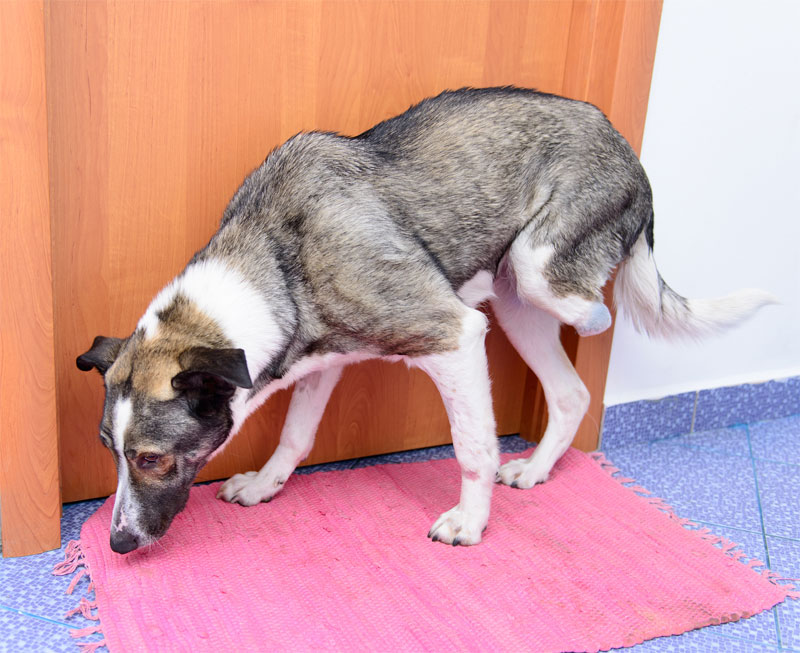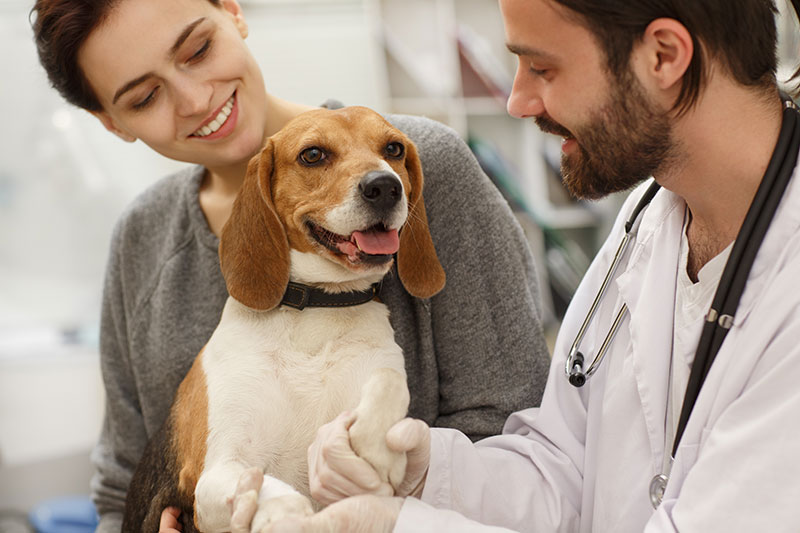
Animal Pain Awareness Month: Recognizing and Managing Chronic Pain in Cats & Dogs
September is Animal Pain Awareness Month, and Signature Veterinary Services is using the opportunity to help families with pets be more aware of the subtle signs of pain in cats and dogs.
In the wild, sick or injured pets are more vulnerable to predators than healthy animals. As a result, our pets instinctively mask signs of pain, illness, and injury. This instinct can make it difficult to know when your pet might be in pain.
5 Signs of Pain in Dogs and Cats
Often the only indication that something is wrong with a pet is a subtle change in their appearance, personality, behaviors, routine, appetite, or energy level. If you notice any of the following signs, symptoms, or unexplained changes in your pet, we encourage you to schedule a checkup right away.
1. Excessive Vocalization
When in pain, you might notice your dog or cat whimpering, yowling, howling, growling, or hissing more than normal. Pay attention to your pet’s normal vocalization so that you’ll be able to recognize unusual sounds.
2. Excessive Grooming
Your cat might focus its grooming on one particular spot more than the rest of its body. Your dog might persistently lick, chew, or bite at a particular spot. This can indicate a spot where your pet is experiencing pain.




3. Panting or Purring More Than Normal
If your dog seems to pant – even when at rest – and your cat is purring more than normal, they could be in pain. Dogs often pant and cats purr in an attempt to soothe themselves.
4. Limping or Limb Favoring
If your pet is injured or suffering from a musculoskeletal problem like arthritis, they might limp or favor a limb. You might also notice changes to their posture. Pets might also seem reluctant to play or lose mobility.
5. Isolation and Antisocial Behavior
Not wanting to be touched or hiding away from the family can also indicate pain.
Pet Pain Management With Our Mobile Veterinarian
If your pet seems to be in pain, we invite you to schedule a checkup right away. Pets don’t experience pain for no reason; pain is a symptom of illness or injury.
Our veterinarian can examine your pet to determine the underlying cause of the pain and provide you with a variety of treatment options designed to address the cause of symptoms and manage the pain.
To learn more or to schedule a pain management appointment for your pet, please contact Signature Veterinary Services today.

















